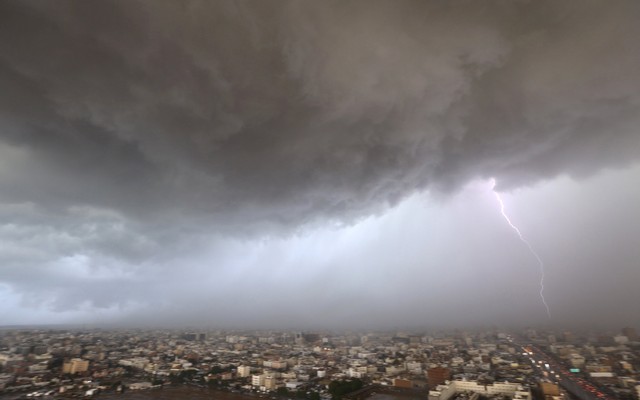Saudi Arabia’s harsh religious tradition is seen by many outsiders – and some Saudi liberals – as a root cause of the international jihadist threat that has inflamed the Middle East for years and struck in Paris last week.However, while Riyadh has cracked down hard on jihadists at home, jailing thousands, stopping hundreds from travelling to fight abroad and cutting militant finance streams, its approach to religion has raised a dilemma.It assails the ideology of militants who proclaim jihad against those they regard as heretics or infidels, while allying with a clerical establishment that preaches intolerance, although not violence, against exactly those same groups.Wahhabism, the kingdom’s official ultra-conservative Sunni Muslim school, regards Shiaism as heretical, lauds the concept of jihad and urges hatred of infidels. Its clerics run the Saudi justice system and have funds to spread their influence abroad.”Muslims should be fair to non-Muslims. They can do business with them and should not attack them. But that does not mean they should not hate them and avoid them,” a senior Saudi cleric said in a background discussion with Reuters last year.For the government, focusing on that distinction, between accepting hatred and inciting violence, has let it retain the support of Wahhabi clergy and ultra-conservative Saudis while also carrying out a massive security operation against militants.
Modern jihadist organisations, including Islamic State and al Qaeda, follow an extreme interpretation of the Salafi branch of Islam, of which Wahhabism was the original strain, and whose clergy still enjoy great influence in wider Salafist circles.Friday’s carnage in Paris at the hands of an Islamic State cell follows a series of bombings and shootings by the same group’s followers in Saudi Arabia over the past year that have killed dozens, mostly from the kingdom’s Shia minority.The government defends its record on combating Islamist radicalism, pointing to its detention of thousands of suspected militants, its intelligence sharing with allies and its barring of clergy who praised militant attacks.Saudi Interior Ministry spokesman Major General Mansour Turki in an interview this summer rejected the idea that Wahhabism itself was a problem, comparing the 2,144 Saudis who had gone to Syria with the estimated 5,000 European Muslims who had done so.He said the clerics and firebrands now exhorting Muslims – including Saudis – to go and fight in Syria or Iraq, or to launch attacks elsewhere, were themselves living in territory controlled by Islamic State rather than in the kingdom itself. source:Reuters




